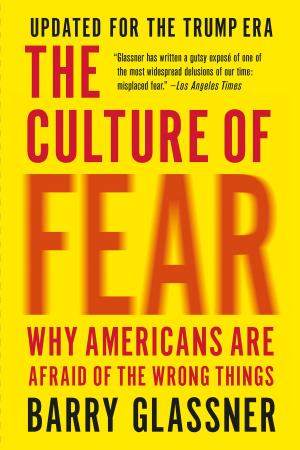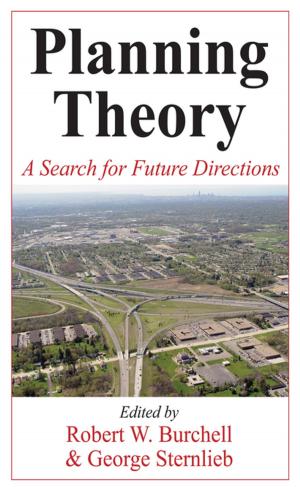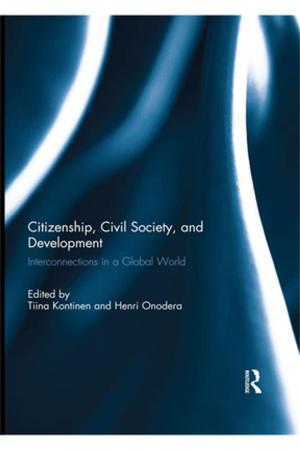I Sleep in Hitler's Room
Nonfiction, Travel, Europe, Germany, Entertainment, Humour & Comedy, General Humour, Social & Cultural Studies, Political Science| Author: | Tuvia Tenenbom | ISBN: | 9780983939924 |
| Publisher: | The Jewish Theater of New York | Publication: | October 14, 2011 |
| Imprint: | The Jewish Theater of New York | Language: | English |
| Author: | Tuvia Tenenbom |
| ISBN: | 9780983939924 |
| Publisher: | The Jewish Theater of New York |
| Publication: | October 14, 2011 |
| Imprint: | The Jewish Theater of New York |
| Language: | English |
An American Jew wonders: Who are the Germans? Can we generalize and identify a specifically German character? Tuvia Tenenbom, an American playwright and journalist and a contributor to the German newspaper Die Zeit, tries to find out. He embarks on an extended tour of Germany, with a thoroughness that enables him to take in small, historic towns as well as the biggest cities. He interviews politicians and business and media elitesand students, waitresses, and ordinary people he meets along the way. Recurring themes of various comments offered by his interlocutors, even by the occasional tour guide, are Nazis and Jews. The subject of Israel often enters the mix, typically on a hostile note. Tenenbom finds that, several generations after World War II, stereotypes of Jews are commonplace. He also observes that an attitude that characterizes Germans across class and region is their love of Verein, of clubbiness, of concerted activity.
An American Jew wonders: Who are the Germans? Can we generalize and identify a specifically German character? Tuvia Tenenbom, an American playwright and journalist and a contributor to the German newspaper Die Zeit, tries to find out. He embarks on an extended tour of Germany, with a thoroughness that enables him to take in small, historic towns as well as the biggest cities. He interviews politicians and business and media elitesand students, waitresses, and ordinary people he meets along the way. Recurring themes of various comments offered by his interlocutors, even by the occasional tour guide, are Nazis and Jews. The subject of Israel often enters the mix, typically on a hostile note. Tenenbom finds that, several generations after World War II, stereotypes of Jews are commonplace. He also observes that an attitude that characterizes Germans across class and region is their love of Verein, of clubbiness, of concerted activity.















